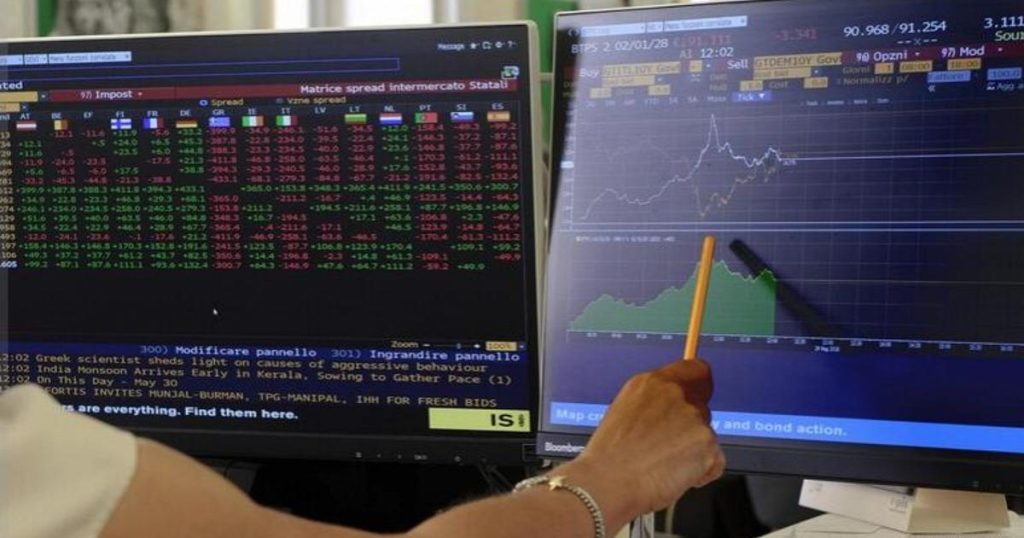DBRS Morningstar has confirmed the BBB rating of the Italian Republic with a stable trend. The agency states that the credit rating risks are balanced and explains that Italy’s post-pandemic recovery has been stronger than expected, surpassing other major euro area economies. While the effects of tighter monetary policy and a weaker external environment are weighing on economic activity, growth is expected to gradually resume as family purchasing power and financial and external conditions improve. The implementation of Italy’s National Recovery and Resilience Plan is expected to help mitigate weaker residential investments over the next two years as the generous tax credits for home renovations (Superbonus) are gradually phased out.
The report from DBRS Morningstar highlights that Italy’s gross domestic product (GDP) is expected to grow by 4.7% in 2021 and by 4.5% in 2022, driven by the recovery in private consumption, supported by an increase in household savings and improved external demand. The agency also notes that Italy’s public finances have been affected by the economic crisis caused by the pandemic, with the budget deficit reaching 11% of GDP in 2020. However, the deficit is expected to gradually decline in the coming years as the economy recovers and fiscal consolidation measures are implemented. The agency acknowledges that the public debt-to-GDP ratio is high, but expects it to stabilize and start to decline in the medium term.
DBRS Morningstar emphasizes the importance of Italy’s National Recovery and Resilience Plan in supporting economic growth and addressing structural weaknesses in the country. The plan includes investments in digitalization, sustainability, infrastructure, and education, among other areas. The agency believes that the successful implementation of the plan will help boost productivity and competitiveness, as well as support the recovery of the Italian economy from the pandemic-induced downturn. It also notes that Italy’s strong commitment to reforms, as outlined in the plan, will be crucial for the country’s long-term economic prospects.
The agency’s report points out that Italy’s banking sector has been resilient during the pandemic, supported by the European Central Bank’s accommodative monetary policy measures and government guarantees. Non-performing loans have remained stable, and banks have continued to lend to households and businesses, helping to support economic activity. DBRS Morningstar expects the banking sector to remain stable and continue to support the recovery, although challenges remain, including the need to address the issue of legacy non-performing loans and strengthen banks’ capital buffers. The agency believes that ongoing supervision and regulation will be key to maintaining the stability of the banking sector.
In conclusion, DBRS Morningstar’s reaffirmation of Italy’s BBB credit rating with a stable outlook reflects confidence in the country’s economic recovery prospects and the government’s commitment to fiscal sustainability and structural reforms. The agency expects Italy’s economy to gradually recover from the pandemic-induced downturn, supported by the National Recovery and Resilience Plan and the European Union’s stimulus measures. While challenges remain, such as high public debt and ongoing banking sector vulnerabilities, DBRS Morningstar believes that Italy is on the right path towards a sustainable and resilient economic future. The agency’s assessment underscores the importance of continued policy efforts to support growth, attract investment, and strengthen the country’s competitiveness in the global economy.


